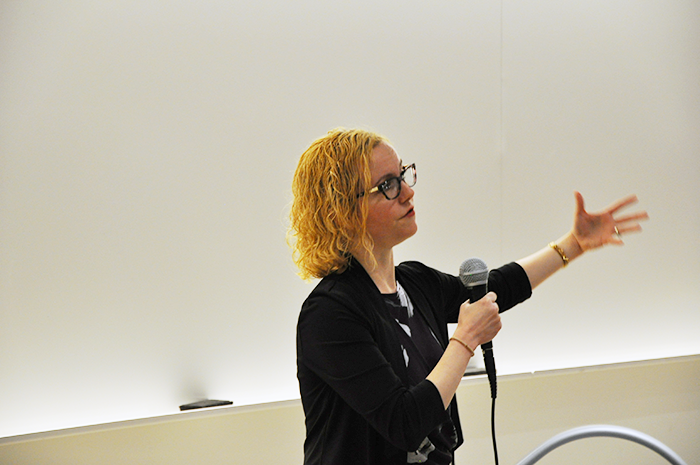Events
Events Calendar
University Closed
Friday, Dec. 22, 2023, 8 a.m. through Monday, Dec. 25, 2023, 8 a.m.
University of Minnesota
Closed for Christmas holiday
No Colloquium: Study Day
Thursday, Dec. 14, 2023, 3:35 p.m. through Thursday, Dec. 14, 2023, 4:35 p.m.
B50 Tate
No Colloquium this week. Check back in January for more events!
Public Observing Night
Friday, Dec. 8, 2023, 8 p.m. through Friday, Dec. 8, 2023, 9 p.m.
Tate Hall B50
Observe some of the same celestial objects that have inspired the sky-gazers throughout history. Presented by knowledgeable and passionate astronomy graduate students!
8pm | Presentation | Tate Hall Room B50
8:30pm | Telescope observation, if weather permits | RM 510
Colloquium: Dr. Daniela Calzetti, UMASS Amherst
Thursday, Dec. 7, 2023, 3:35 p.m. through Thursday, Dec. 7, 2023, 4:35 p.m.
B50 Tate
Abstract: Dust represents about 0.1% of the mass in baryons in galaxies today, yet it has a disproportionate impact on their physics and appearance. I will briefly discuss measurements of dust and dust effects in galaxies at different cosmic distances, and highlight what we understand and where the challenges and unknowns currently are. Recent observations from the recently launched James Webb Space Telescope are paving the way for answering some of the remaining questions.
FTPI Workshop: Muons in Minneapolis
Wednesday, Dec. 6, 2023, 9 a.m. through Friday, Dec. 8, 2023, 5 p.m.
Keller 3-180
Muons in Minneapolis workshop will bring together theorists and experimentalists to explore future opportunities to utilize muons in the search for new physics. In this workshop, we hope to expand on ongoing efforts to probe the muon sector, as well as discuss possible new directions. Topics covered in this workshop will include:
Colloquium: Dr. Bryan Ramson, Fermilab
Thursday, Nov. 30, 2023, 3:35 p.m. through Thursday, Nov. 30, 2023, 4:35 p.m.
B50 Tate
No Colloquium: Thanksgiving Holiday
Thursday, Nov. 23, 2023, 3:35 p.m. through Thursday, Nov. 23, 2023, 4:35 p.m.
None
Happy Thanksgiving! See you next week.
Colloquium: Dr. Kathy Levin, University of Chicago
Thursday, Nov. 16, 2023, 3:35 p.m. through Thursday, Nov. 16, 2023, 4:35 p.m.
B50 Tate
Abstract: This talk will introduce the world of cold atom experiments. This world is engaged in many of the same pursuits as more conventional laboratories which focus on problems in cosmology, chemistry, and condensed matter. There are 2 particularly strong advantages which ultracold gases possess: firstly, at the low temperatures involved, the dynamical evolution is slow enough to be followed in real time. This provides otherwise inaccessible information about very fine details of non-equilibrium physics in a closed system. Secondly one can tune the inter-particle interactions making it possible to have the strongest possible (‘‘resonant") interaction strength. For Fermi systems this provides a prototype for a realizable high Tc superconductors/superfluids. For Bose systems a new form of "superchemistry" can emerge. In this talk we highlight what we can learn from these cold atom studies and how they complement the understanding gleaned from more conventional experiments.
Colloquium: Dr. Frederick Lamb (University of Illinois- Urbana-Champaign)
Thursday, Nov. 9, 2023, 3:35 p.m. through Thursday, Nov. 9, 2023, 4:35 p.m.
B50 Tate
The Growing Danger of Nuclear Weapons:
What Physicists Can Do
Abstract:
Today’s nuclear arsenals pose enormous risks for all humanity. Many agreements that reduced the threat of nuclear weapons have been abandoned and we now face a new, multi-country nuclear arms race that could have devastating consequences. Enormous resources are being expended by the United States, Russia, China, and North Korea to deploy new nuclear weapons and nuclear-armed long-range missiles. New countries are considering acquiring nuclear weapons. The war in Ukraine and other factors have increased the threat they might be used. In past times of danger, scientists and especially physicists have played a critical role in helping citizens and decision makers understand and reduce the threat posed by nuclear weapons, and they can do so again. I will describe a project initiated by the American Physical Society to inform, engage, and mobilize physical scientists and engineers to act now to reduce the current nuclear threat.
Kaufmanis Lecture: Sheperd Doeleman , Founding Director, Event Horizon Telescope
Thursday, Nov. 2, 2023, 7 p.m. through Thursday, Nov. 2, 2023, 8 p.m.
Coffman Union Theater (Registration requested)
About the Lecture : More about the series here.
The Lecture is free and open to the public but registration is requested. Register here
School News
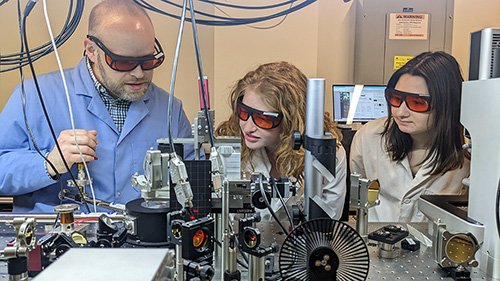
Inside Professor McLeod’s Nano-Imaging Laboratory
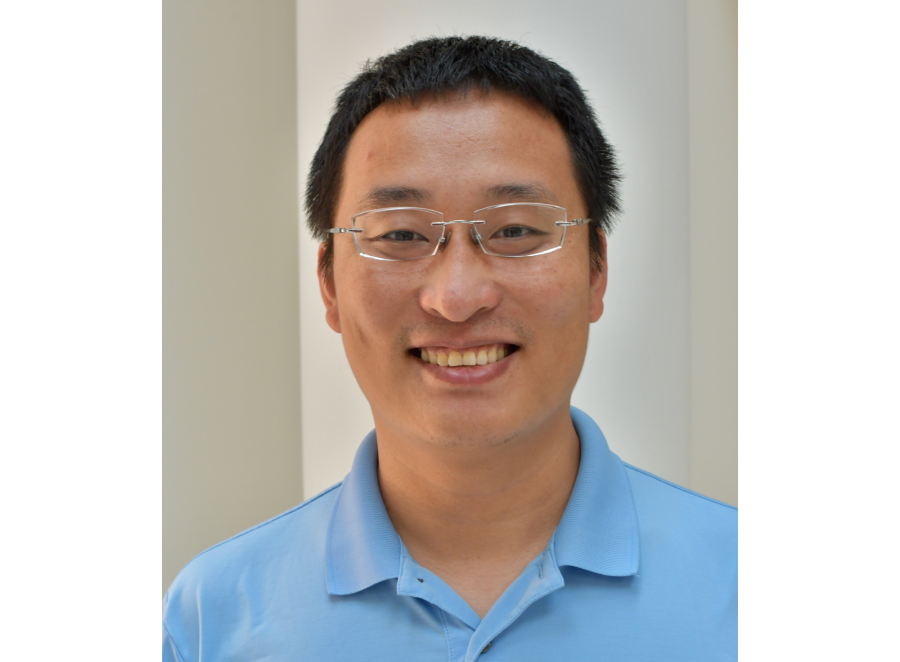
Liu receives prestigious Sloan Research Fellowship for early-career researchers
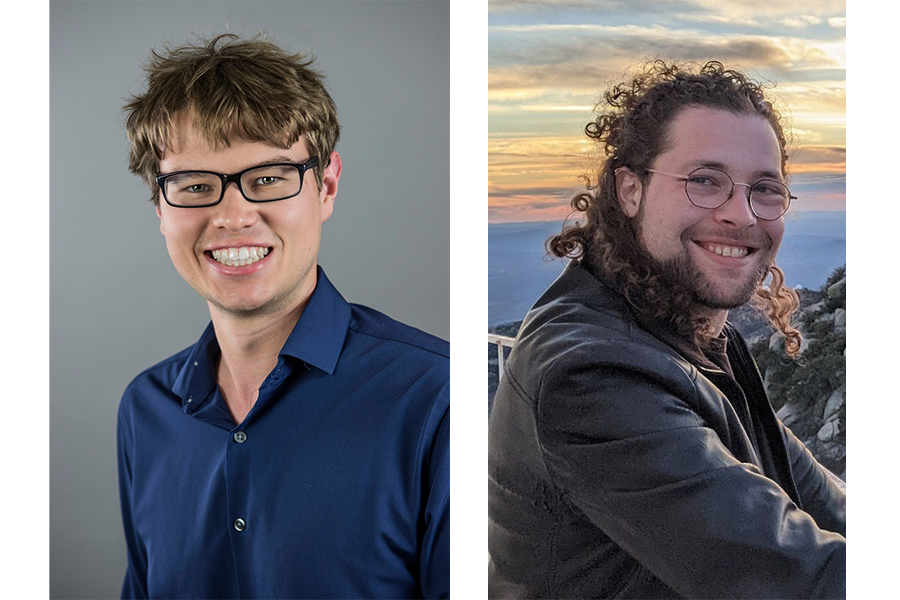
Coughlin and Criswell part of comprehensive UV light survey
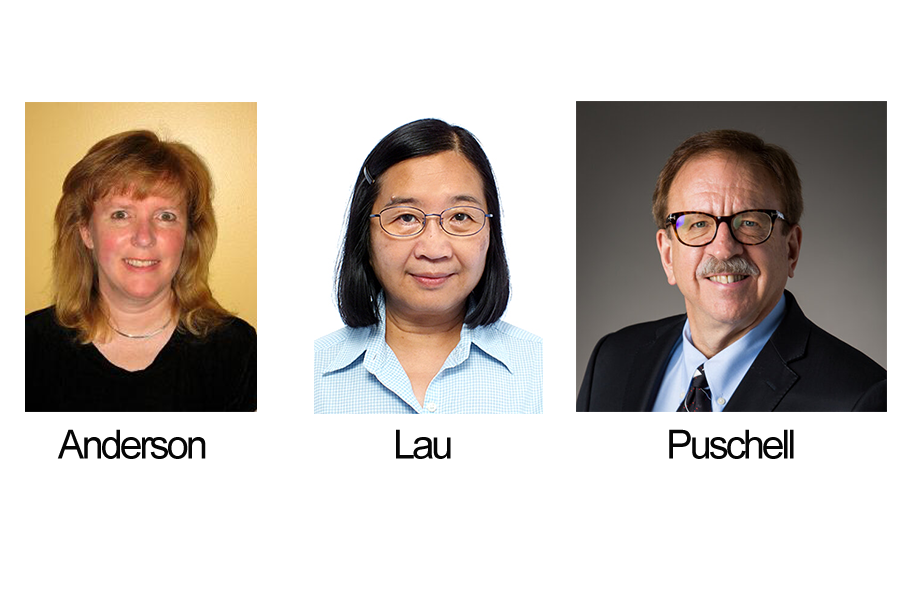
Three School Alumni elected to National Academy of Engineering
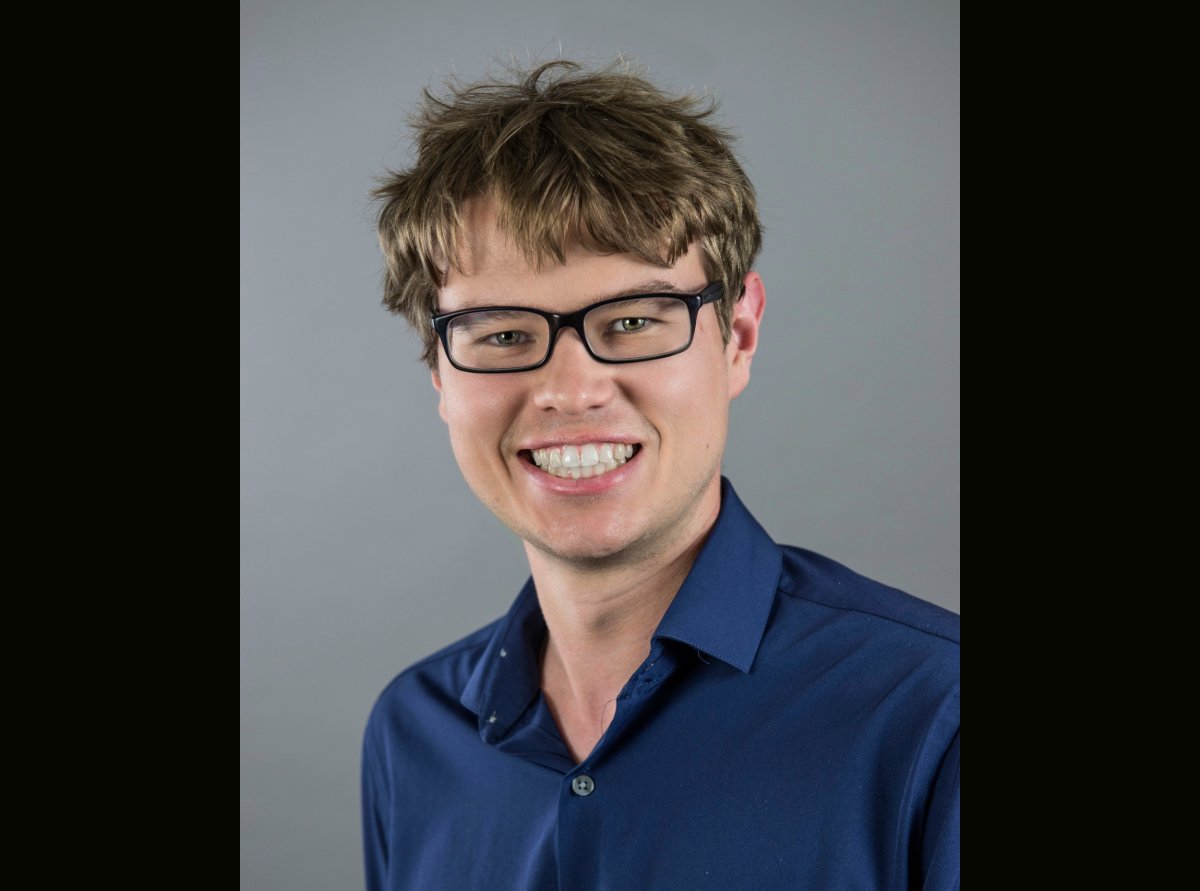
Coughlin receives McKnight Professorship
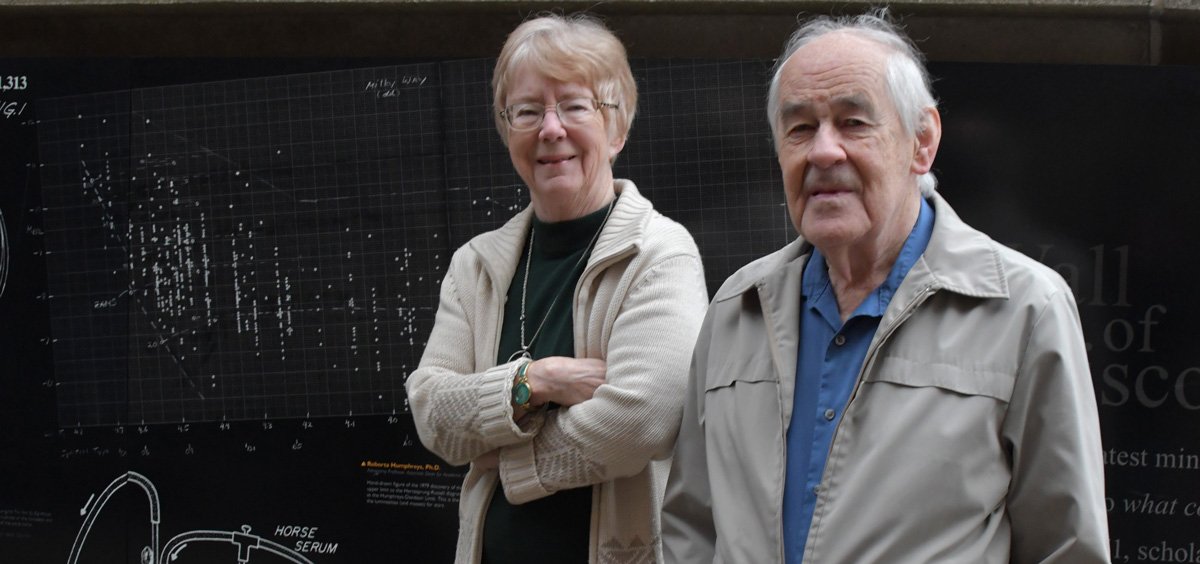
Humphreys Awarded Medal from Royal Astronomical Society
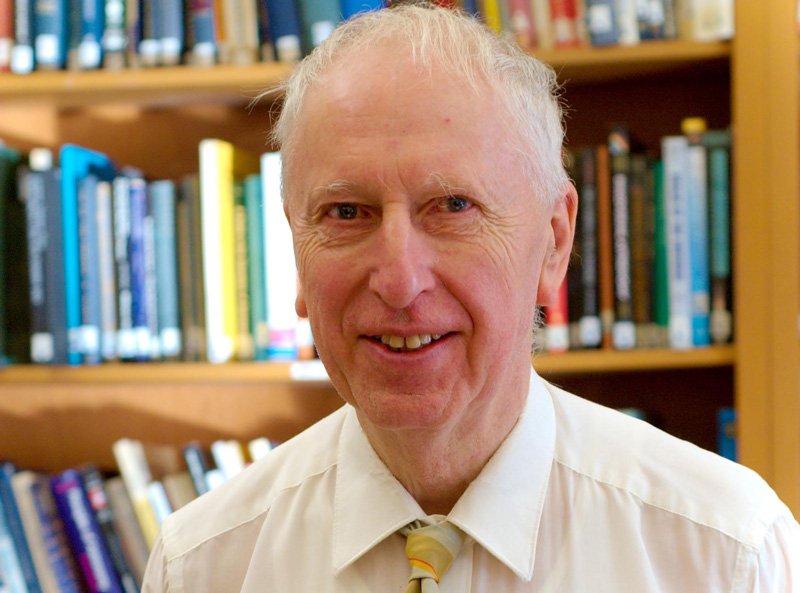
John Broadhurst, 1935 - 2023
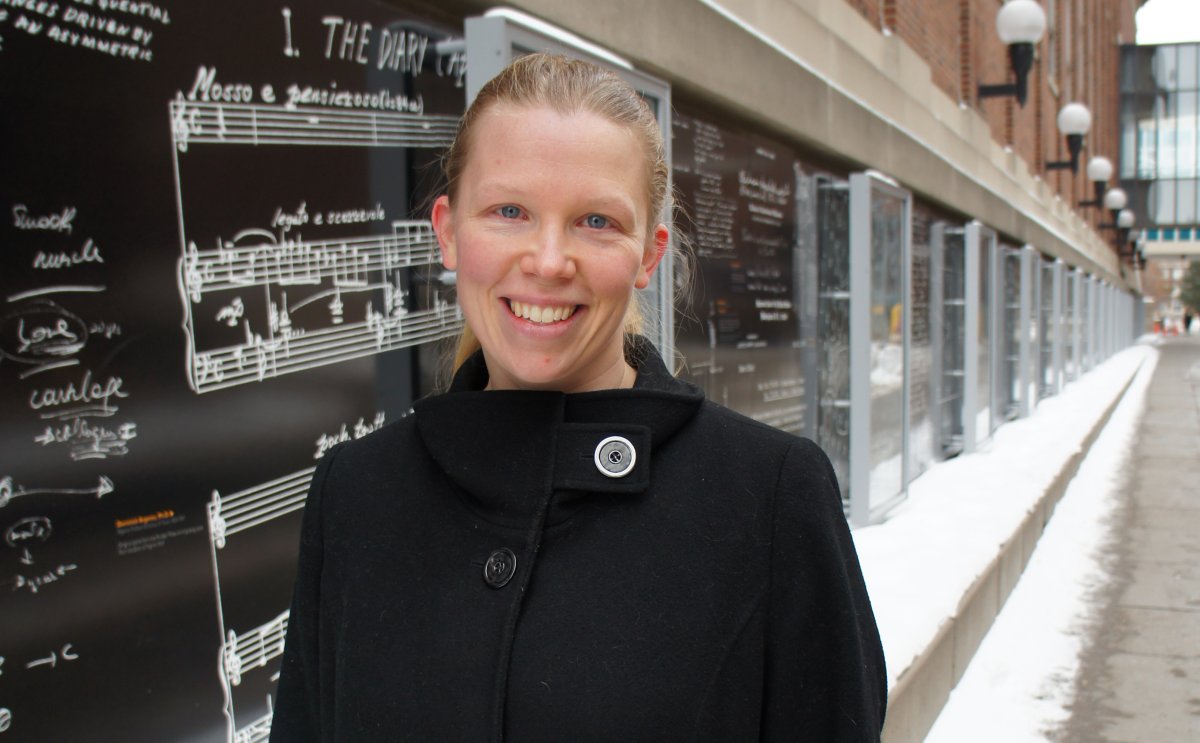
Burnell elected APS Fellow
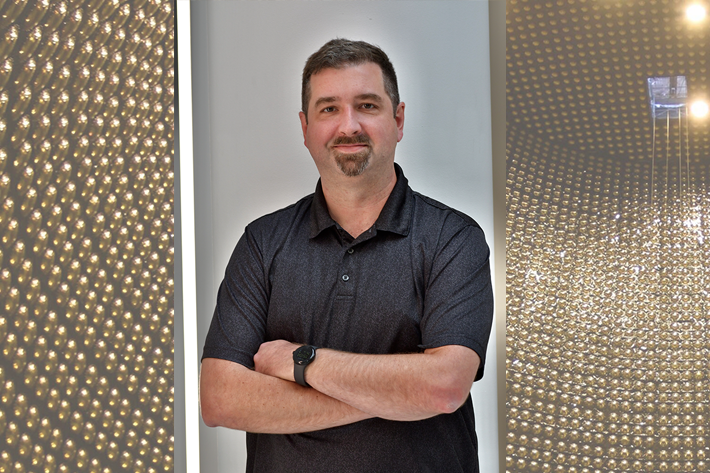
Moving Target: New Faculty member does neutrino research with a twist
